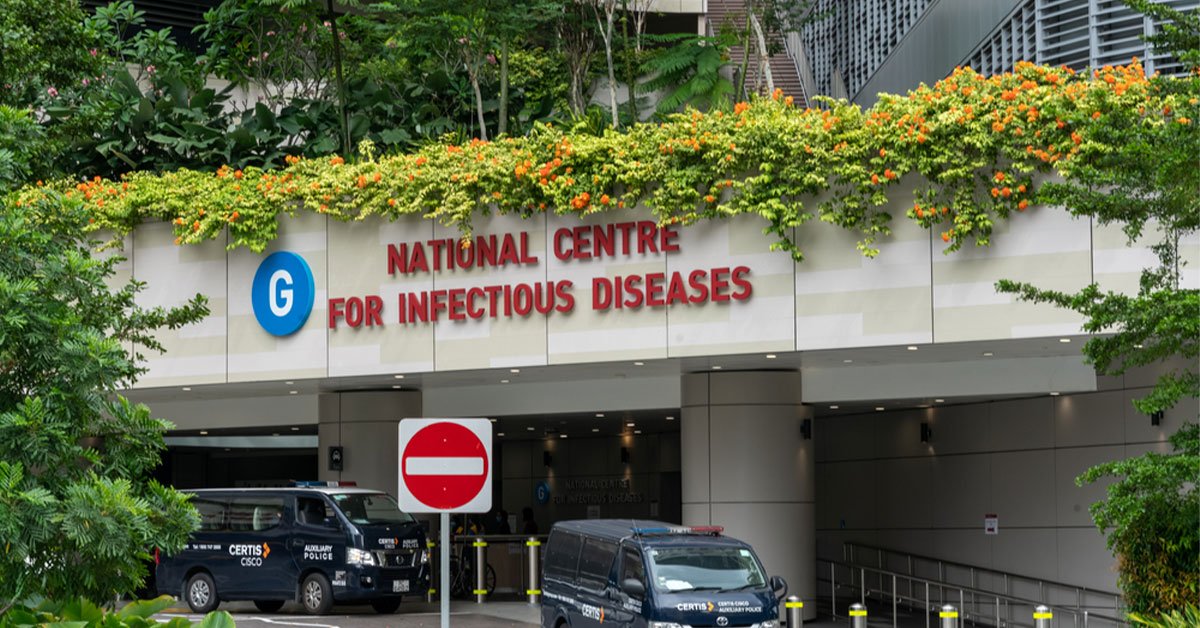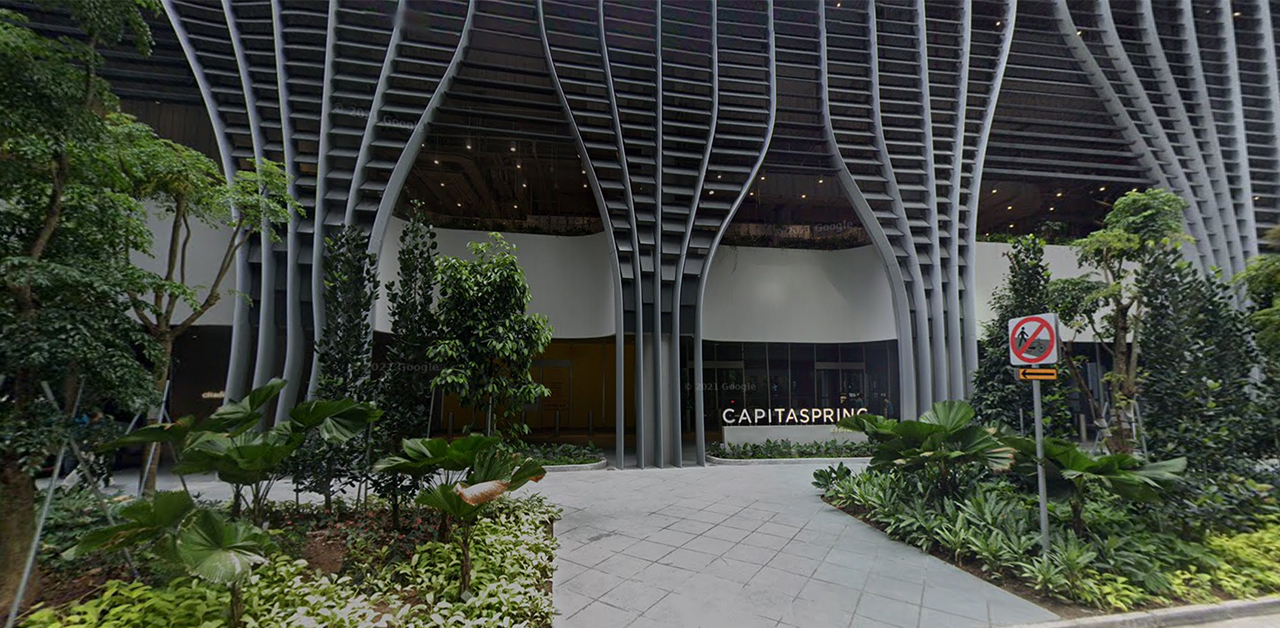Before this year, if you were to tell others that you work at NCID Singapore at TTSH, they’ll be like:
Huh? Simi NCID? Ohh, CID special forces ah?
But tell the same person the same thing again this year and he’ll run from you faster than you can blink.
NCID stands for the National Centre of Infectious Diseases, and just like its name suggests, it’s the place which handles very dangerous diseases like Covid-19.
Here are 5 facts about NCID, the place Singaporeans wouldn’t bother to know until now.
1. NCID is Less Than Two Years Old
Back in 1913, a facility known as the Isolation Hospital opened at Moulmein Road.
Seven years later, it was renamed to Middleton Hospital, in honour of Dr W.R.C Middleton.
In 1985, it became a branch of Tan Tock Seng Hospital (TTSH) and was renamed to the Communicable Diseases Centre (CDC).
And on 13 Dec 2018, CDC officially stopped its operations as a medical facility.
Operations were shifted to the NCID Singapore, a new building with a 330-bed facility designed to deal with an outbreak on a scale similar to Sars.
NCID was officially opened on Dec 2019 by Minister for Health Gan Kim Yong.
2. It Has A Unique Structure

When it comes to structure, NCID has it all. It has clinical services, research, training and education engagement and public health all under one arch:
- National Public Health and Epidemiology Unit
- National Public Health Laboratory
- Infectious Disease Research and Training Office
- Antimicrobial Resistance Coordinating Office
- National Public Health programmes.
This allows them to work together faster and diagnose patients in a shorter amount of time.
3. They’ve Been Working Quietly Behind The Scenes
If you’re worried about NCID’s capability to combat extremely contagious and dangerous diseases, don’t be.
While Covid-19 is the first time you’ve heard of them, they have been working behind the scenes to keep Singaporeans safe.
In May 2019, a 38-year-old Nigerian man brought monkeypox, a contagious virus which is usually transmitted from animals to humans but can occur between humans too.
They managed to successfully trace all of the man’s close contacts and gave them vaccinations to protect against it.
These close contacts were also quarantined and monitored for 21 days.
WHO deemed the spread of monkeypox to be very low after their swift actions.
4. NCID Building Well-Prepared To Contain Infectious Diseases
If you stay near TTSH and you’re worried, don’t be.
As the foremost authority and the first line of defence against infectious diseases like Covid-19, you can be sure that their facilities are top-notched as well.
Because NCID deals with deadly diseases on a daily basis, they have containment facilities to contain suspected or confirmed patients with highly infectious diseases.
There are also negative pressure wards which help stop the airborne spread of disease.
And “a self-contained lock-down system” which be used on the whole building, individual wards, floors and more.
5. Super High-Tech System To Monitor Staff, Patients & Visitors
Given the thousands of people working in close proximity to deadly diseases, the facility requires a way to keep track of everybody’s movements within.
Previously, they can only track people via the entry and exit points of visitors and staff.
But on 7 Sep 2019, NCID announced that they are going to put into place a system that will track everybody within the facility in real-time.
Advertisements
Everybody will be given a tag which has to be worn at all time within the NCID facility.
The moment a person steps within 5 metres of another person for 5 minutes, they are considered close contacts.
This, NCID claims, will allow contact tracing to be faster and more accurate.
And that’s not all these tags are good for.
They can help staff locate nearby equipment as well, such as wheelchairs or beds.
Advertisements
In addition, these tags will monitor if medical staff have complied to the hand hygiene procedure.
If they did not, the tags will emit a beep and not stop until the staff in question completes it.



